There’s a growing demand for freelance editors. However, there seems to be a lack of solid information on what the career entails. And without understanding this information, it's hard to know whether freelance editing is the right career for you.
Fortunately, in this guide, we break down the tips and tricks for becoming a successful freelance editor.
We provide you with the answers to several frequently asked questions about freelance editing. Use this step-by-step guide in order to get started quickly and safely in your new and exciting career as a freelance editor.

Do you instinctively identify grammatical errors along with typos in any form of written content? If the thought of a freelance career in writing excites you, but you also prefer editing someone’s work, then the job of a Freelance Editor could be what you are looking for.
Grammatical mistakes will render any content unreadable. Even if your story outline and overall content are great, your book or content will be of little interest to the reader if it is replete with errors. This is where the role of Freelance Editor comes in.
As the name suggests, freelance editors scrutinise another writer’s work and make the appropriate changes. The editing work could be anything from grammatical changes in a blog post, fine-tuning the content of a book, or even proofreading an ad copy.
In this guide, we’ll attempt to decode all the facets surrounding the career of a freelance editor.
Who is a Freelance Editor?
The responsibilities of a freelance editor often include reading, reviewing and correcting the work of different clients to help them get their content ready for publication. A freelance editor’s work is contractual in nature, and they usually work on a project-by-project basis for various clients.

Freelance editors usually work on content structure and grammar. The aspects they work on vary depending on what type of editor they are.
Types of Freelance Editors
A freelance editor’s job description and the type of work they do will depend on what kind of editor they are. The types of editors are broadly classified into three types.

Freelance Developmental Editor
A developmental editor needs to look at the big picture. This kind of editor is typically tasked with reviewing the content, along with the structure and flow.
Freelance Copy Editor
A freelance copy editor will evaluate and examine the finer nuances of the text. Their work involves checking grammar, reviewing the choice of words, and fixing the sentence structure. A copy editor’s job profile may also include fact-checking for non-fiction books and articles. This is referred to as line editing.
Freelance proofreader
A proofreader’s work solely involves checking any written work for typos and errors of any other nature before the work is cleared for publication.
Prerequisite Skills for a Freelance Editor
Just as every occupation demands its own set of skills, becoming a freelance editor also requires a specific set of skills if you wish to carve out a career for yourself in the editing field. Imbibing these skills will ensure that you’ll set yourself apart from the rest of the field and set off on the path to becoming a top-tier freelancer editor.

Some valuable skills are:
Emphasis on Strong Grammar and Language Skills
As a freelance editor, you will be primarily keeping an eye out for errors in the content. Thus, you will need a good grasp of the English language or the language you are editing in. You need to pay heed to the facets of the language, including grammar, style, syntax, punctuation and spelling.
It will be a bonus if you comprehend the language conventions of the primary forms of English spoken across the globe. These are British, American, Canadian and Australian.
Being an editor is more than just editing and proofreading to identify errors. The work you are editing must stay true to the original author’s tone and style of writing. You should be able to pick up the client’s style, and tone of writing and the editing should not change that.
It pays to note that, after all, it's the client's work and not yours. Thus it should reflect their way of writing.
Attention to Detail
Without a doubt, editors need to focus on the tiny details that matter. The editor should be able to approach the work from the client’s perspective. Deciphering the client’s guidelines correctly is an essential aspect of the editing business.
For example, would the client like the tone of their article to be formal, conversational or casual? Your editing skills need to match their requirements and the writing style they prefer.
Detail-oriented editors will keep their clients happy and may even earn referrals from their existing clients in addition to retaining the existing ones.
If the level of accuracy and quality of work sought by the clients are adhered to, then it will help generate goodwill and repeat business from your customers.
Time management and Organisation Skills
Being a freelance editor allows you to choose which assignments you wish to accept and the duration of time you want to commit to your freelance endeavour. However, you must note that clients value punctuality, and they must know that they can rely on you to hand in the work according to their schedule.
Being punctual will go a long way in enhancing your reputation as a reliable freelancer. Conforming to deadlines will exhibit to your clients that you have excellent organisational skills.
Remember to avoid agreeing to impossible deadlines just to get a contract. You will create a wrong impression on the client and also stand to lose any potential referrals that may have come your way.
Good Communication Skills
Good communication skills are always relevant and will help nurture a nascent freelance career. When you create content, you are, in fact, communicating with someone, albeit faceless. Ensuring you have excellent communication skills will help build a good rapport with your clients, irrespective of whether you are writing for them or interacting with them in the ordinary course of your work.
Supplementary Skills Handy for an Editor to Have
Read a Lot
It’s always a good thing for an editor to have their finger on the pulse of the literary scene. Reading will go a long way in helping you to view things from your client’s perspective. Consuming a copious amount of content will help guide the writers you work with to craft the ideal subject matter for their books. Potential readers won’t think twice before snapping it up when you publish a well-laid book.
Have Strong Networking
Now, networking may not be everyone’s cup of tea. Regardless, it will help network with people and build a roster of clients. Freelancers may ideally prefer to work independently, but it is essential to get out of your comfort zone and connect with other people in the industry. Who knows, your potential client may be among them?
The first step to building a roster of clients is to get out there and showcase your abilities and what you bring to the table. Doing so requires a freelancer to work on their networking skills. Your introversion or extroversion will not be a factor in developing your network. In this regard, the internet has levelled the playing field and made it easy to leverage the power of networking with a wide range of tools available at your disposal.
To begin with, you could establish a presence on social media apps such as LinkedIn, Twitter, Instagram, and of course, Facebook to market yourself better and at your own pace.
The larger your circle of contacts, the greater the odds that referrals and eventually your first client will come your way. Link up with self-publishing groups online to pitch your editing skills to writers who need someone to review their work.
Develop Your Business Acumen
Freelancers have to, at least initially, manage their own business and finances. As their business grows, professionals will need to come into the picture to help handle the finer details of your business. Meanwhile, you must imbibe the basic skills required to manage your clients, keep track of your finances, and fulfil your statutory obligations such as filing taxes.
Develop a Solid Portfolio and Seek Testimonials
Before approaching potential clients, it’s crucial to have a curated portfolio that showcases your best work. It’s also okay to work for smaller payouts at the beginning of your freelance editing journey. It will help you build relationships with your clients and obtain testimonials from them.
Market Yourself
As with any product or service, unless you advertise yourself, no one will be aware of what you do and how to reach out to you when they wish to engage your services.
The ways to reach out to potential clients are many. Creating a website and regularly showcasing your services on it is one such. Create blogs for your website regularly. Optimise it according to SEO guidelines by using the appropriate keywords.
Contact publishing houses and literary agents to pitch your services. They may be willing to hire you on a contract basis and could very well give you your first big break. Have your business card handy to hand out as and when the opportunity presents itself.
To ease your way into the freelance editing industry, you could consider joining a professional freelance editors association. They can also be valuable sources of information. Some of them are:
- Editorial Freelancers Association (EFA)
- The American Copy Editors Society
- Editors Canada
- Chartered Institute of Editing and Proofreading
Websites That Offer Freelance Editing Jobs
Cambridge Proofreading and Editing LLC
If academic editing and reviewing business communication appeals to you, look no further than Cambridge Proofreading and Editing. Look up the various editing opportunities on offer, send a proposal and get editing.
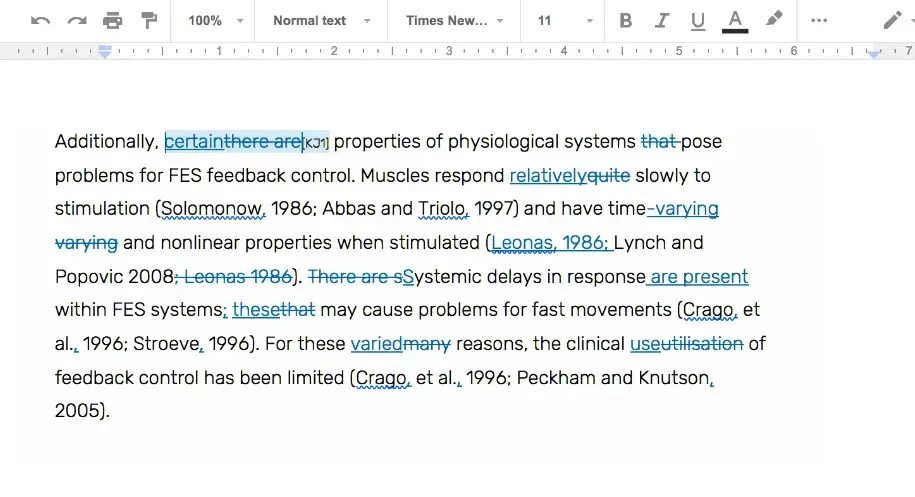
They cover a full spectrum of academic subjects, allowing you to pick one that you are most proficient with.
Reedsy
Good book editors are always in demand. Reedsy is an excellent place to begin. Be aware that they are selective about the editors they work with. You will need to complete an evaluation, based on which you will be let in. If you are accepted, you will have the opportunity to work with high-profile authors and publishers.

They also provide assistance to aspiring editors in the form of free courses and tools. These tools will help hone your editing skills.
Writer Access
Writer Access connects you to anything from Small and Medium Businesses with the help of their AI-powered search that uses text analysis to set you up with potential clients. They allow you to showcase your work with a free online portfolio with an option to link back to your website.

They have an exhaustive hands-on review and screening process and invite only the best freelancers to move ahead and register with them.
Jobs For Editors
Jobs For Editors is a great place to start, particularly for newbies in the industry. A degree isn’t required to sign up with them. It is, however, imperative that you have a good command of the English language. They provide training on how the texts are to be edited.
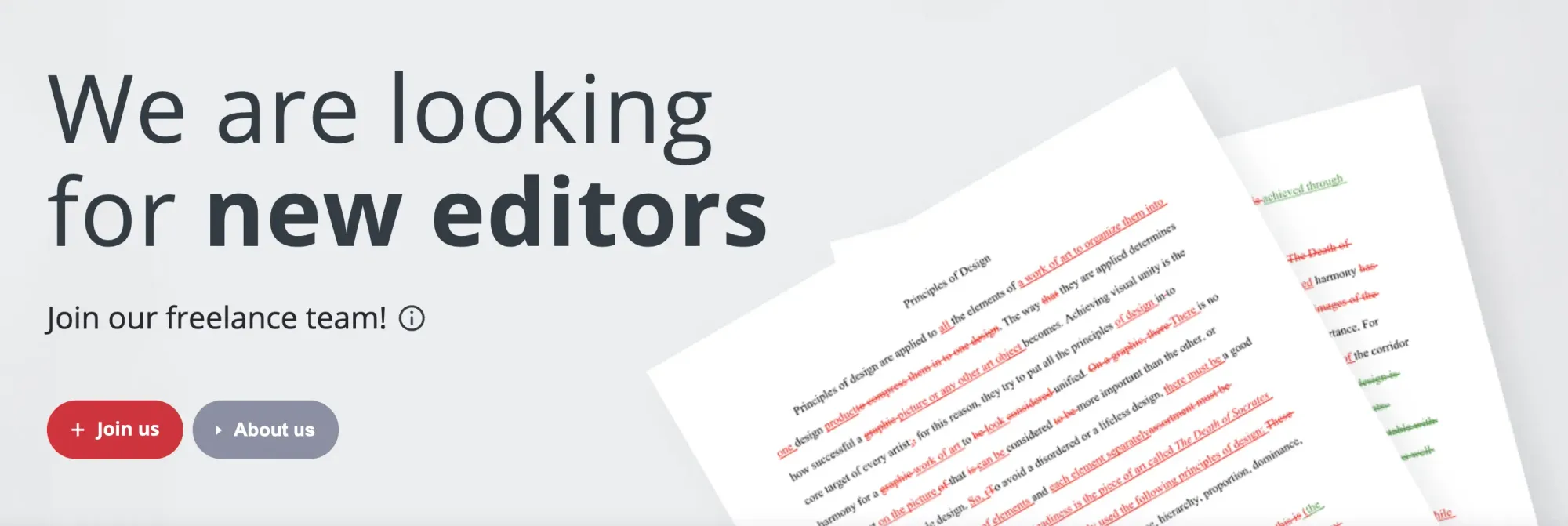
You can choose between editing academic papers, business plans, resumes and more. Pick your niche or decide to do a bit of everything. The payout frequency is twice a month, with bonuses awarded for speed and accuracy.
Best Tools For Freelance Editors
Toggl
Toggl is a simple yet robust time tracker. It is ideal for freelancers looking to keep tabs on their time spent on various projects and assist them in managing it better.
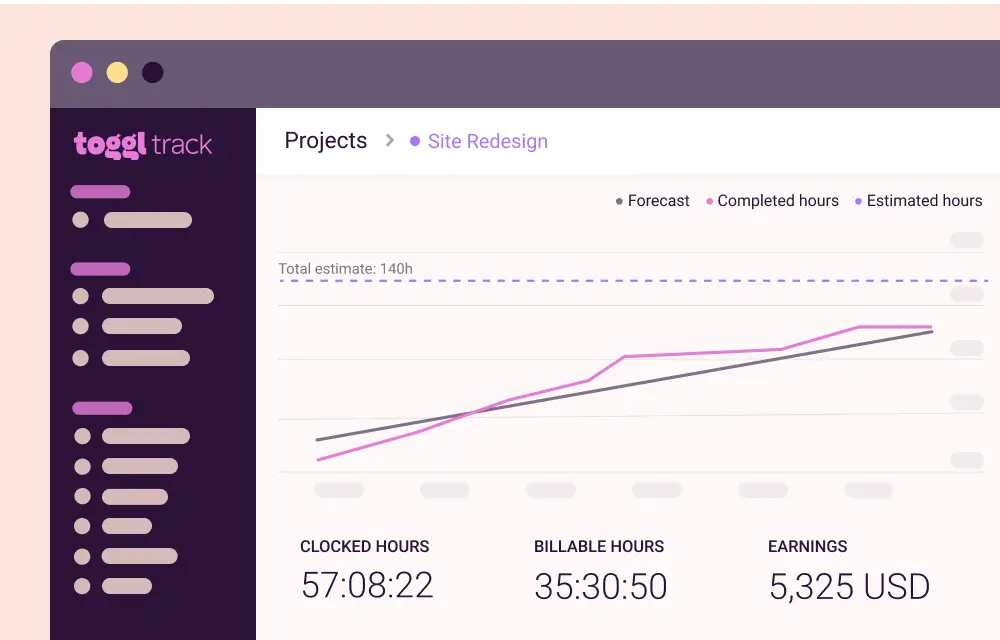
Toggl offers an application for the iOS operating system to track time while on the move. Toggl also has a handy Chrome extension to let you track time without having to access the web interface.
Themeforest
Themeforest is great if you wish to use great-looking themes and templates for your website. Themeforest is pocket friendly to boot, with prices for their themes starting at a mere $2.
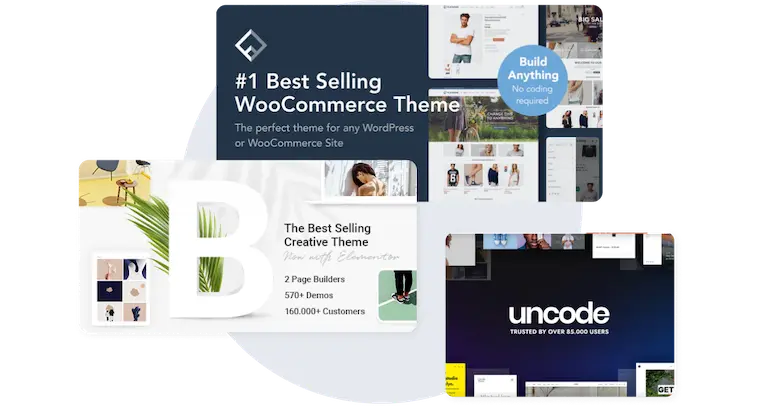
Its interface is highly intuitive and will help you narrow down your theme of choice across many popular categories such as blogging, eCommerce, etc.
Convertkit
Convertkit is a company involved in email marketing that is built by creators for creators. It is the go-to solution for your email marketing and subscription needs. Converkit assists you in leveraging your contacts to grow your business in addition to providing you with forms, trackable data and automation options.
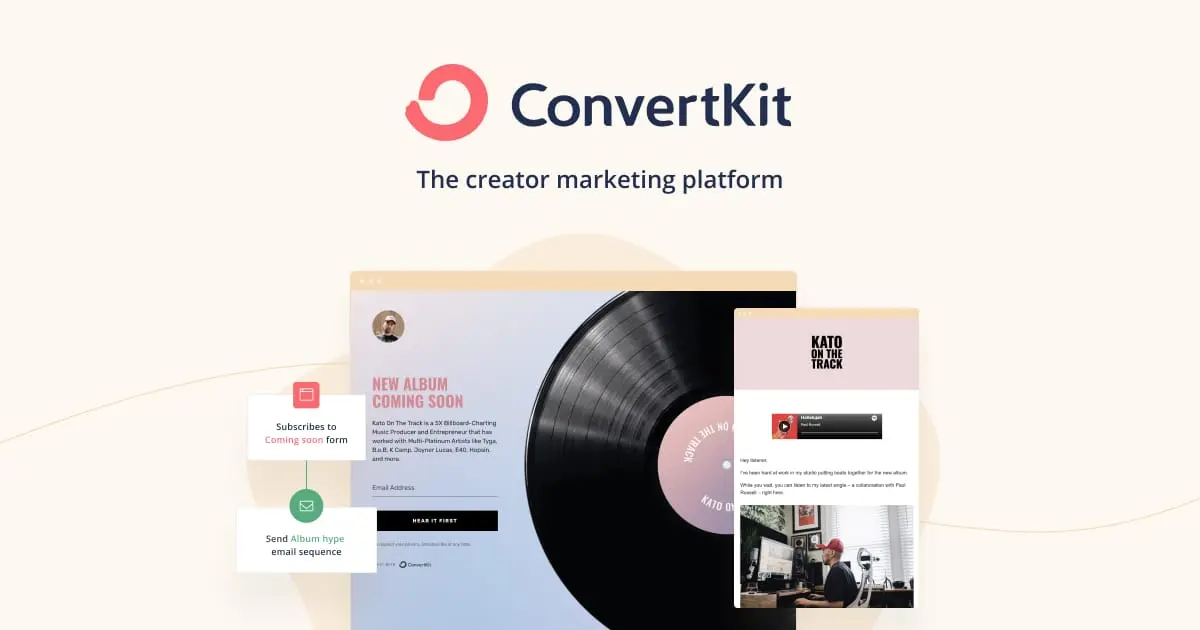
Their beginner plan allows you to maintain a database of up to 1000 subscribers at a monthly rate of $24.
Slack
Slack is a communication tool used by small businesses and teams alike to communicate and share files with clients and with each other. With Slack, you can share files, streamline communication and video conference with your clients all in one versatile app.
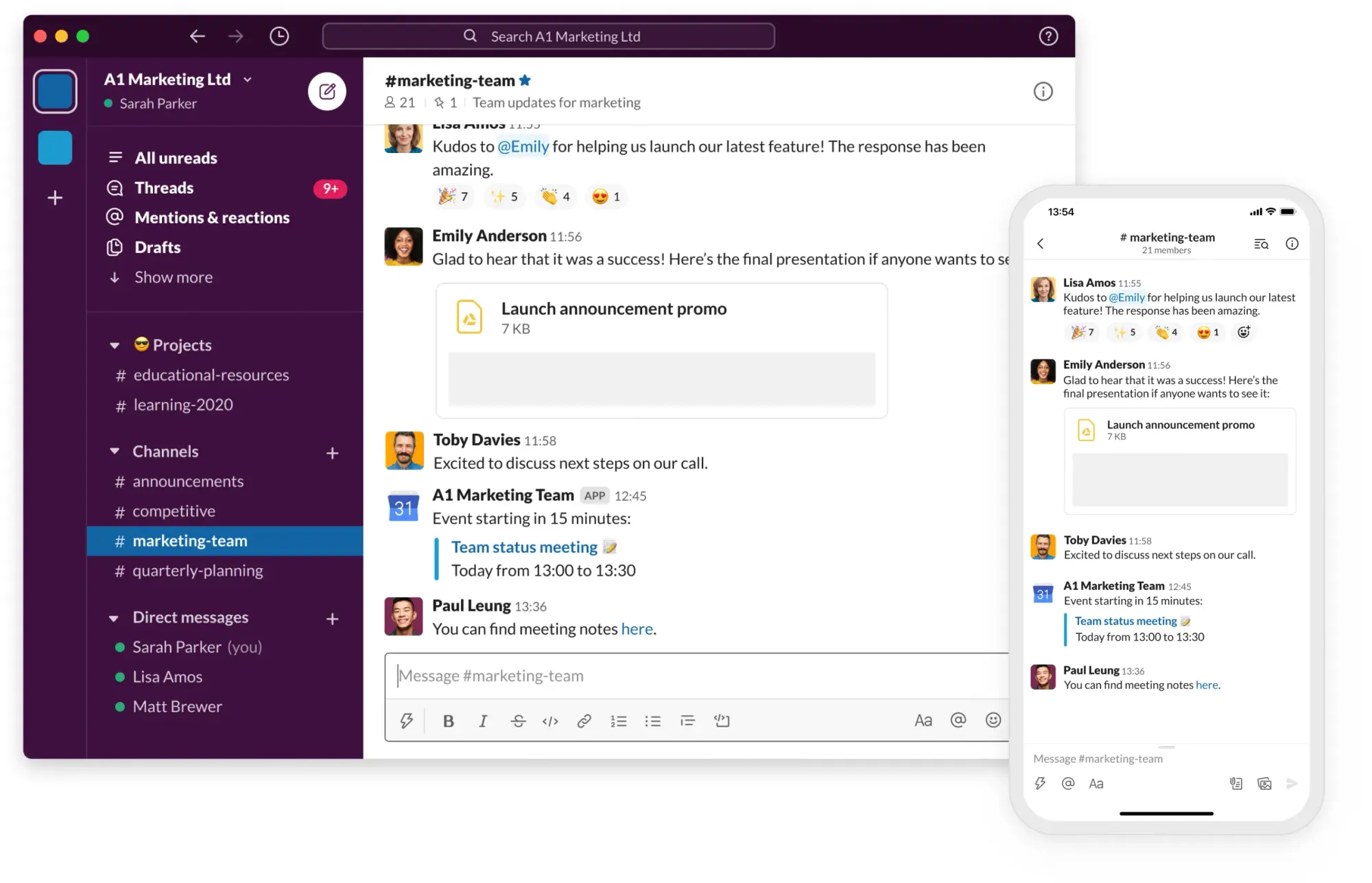
Slack integrates well with other popular apps, including project management software like Trello and clouds storage apps like Google Drive, Dropbox, etc. Slack even has a mobile app that is compatible with both Android and iOS to keep in touch with your clients while on the road.
FAQs
Who is an Editor?
An editor's role is vital when it comes to providing the final bit of polish before the book is forwarded for publishing. The main aim of the editor is to preserve the original tone of the content while at the same time fine-tuning it to create maximum impact for the reader.
The editor is usually responsible for carrying out fact-checking along with spelling, grammar, and punctuation errors. It should also be paid heed that the content is well written and that it should not be a chore to read the book.
What is the average amount a freelance editor earns?
A freelance editor’s salary hinges upon the type of editing, the writers they are editing for and the content format. The median amount a content editor earns is approximately $57,000 a year.
How much should a freelance editor charge?
The Editorial Freelancers Association has furnished the following guidelines for pricing freelance editor jobs. The following are the freelance editor rates notified by the EFA:
- Developmental Editing: up to $0.79/word
- Line or Copy Editing: up to $0.49/word
- Proofreading: up to $0.39/word
- Fact-Checking: up to $0.59/word
Which industries hire the most freelance editors?
The industries which hire the most freelance editors are:
- Newspapers/periodical/book/directory publishers
- Professional scientific/technical services
- Employment services
- Motion picture and video industries
- Advertising/PR/related services






